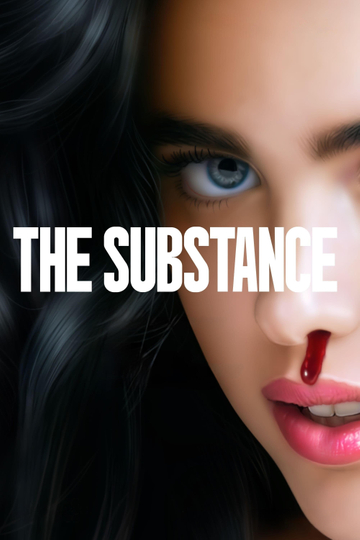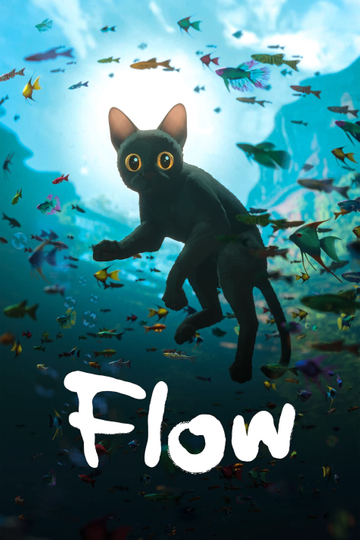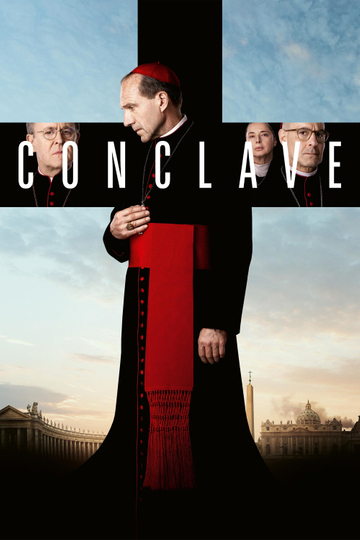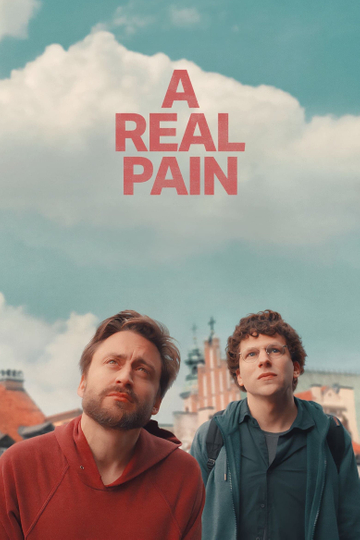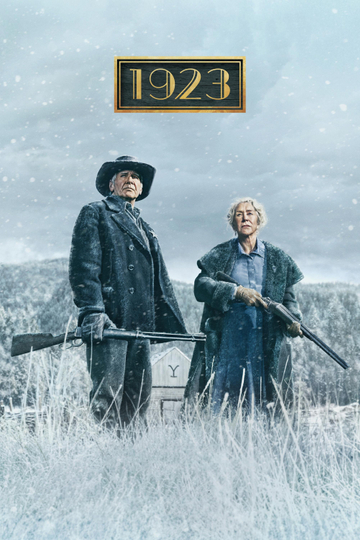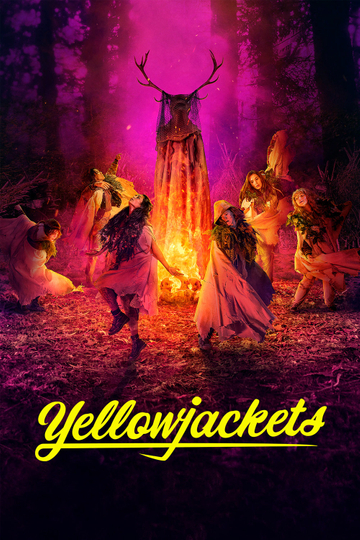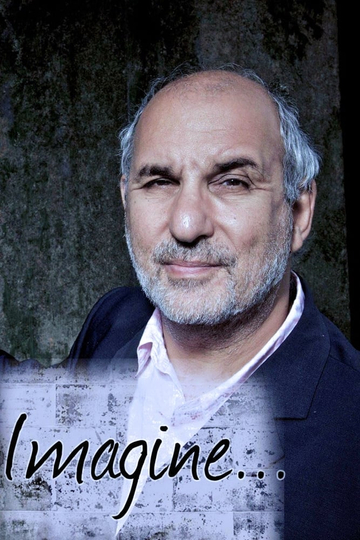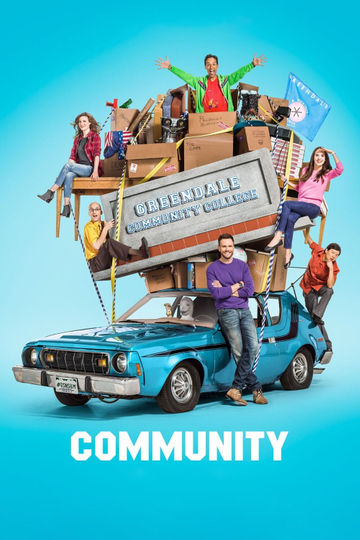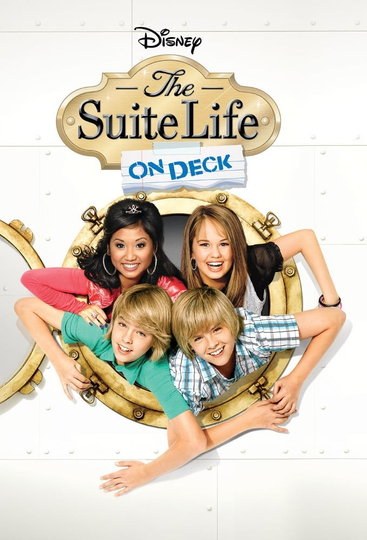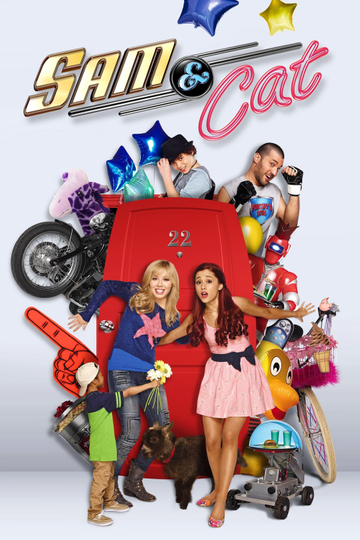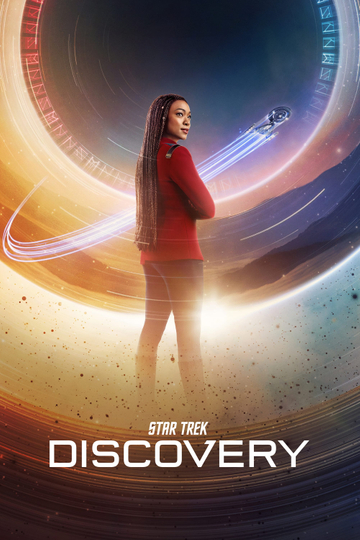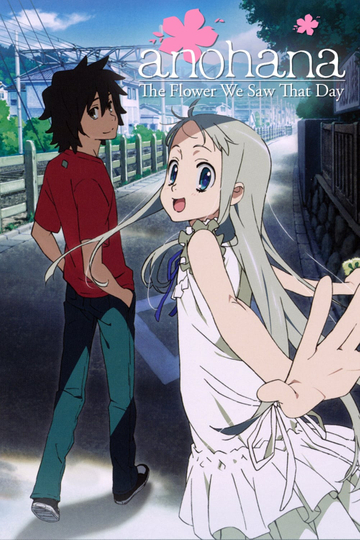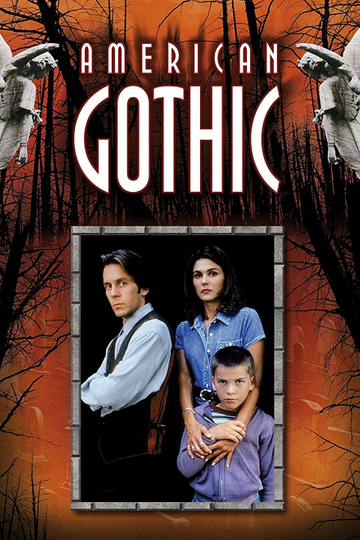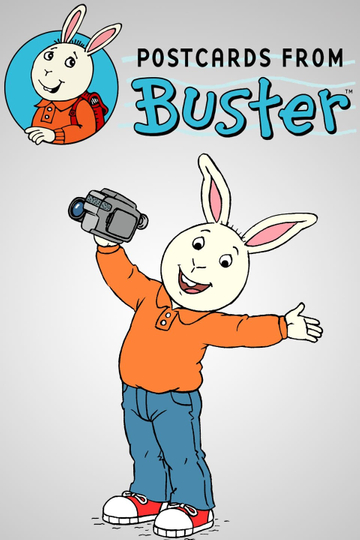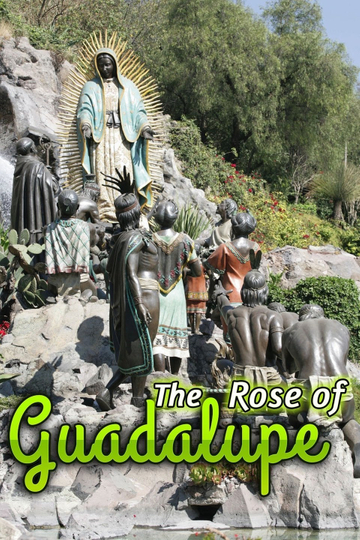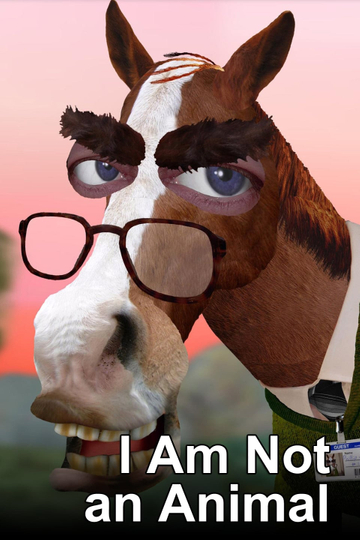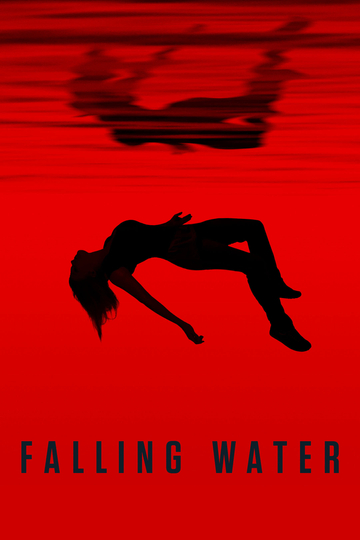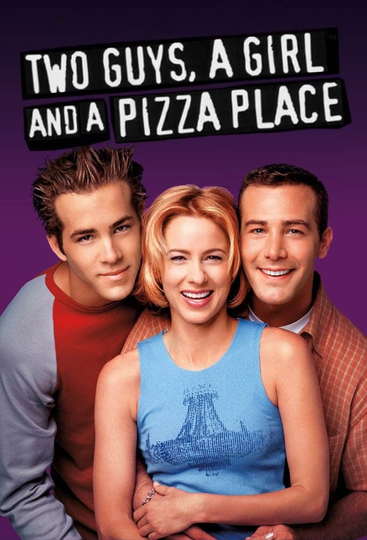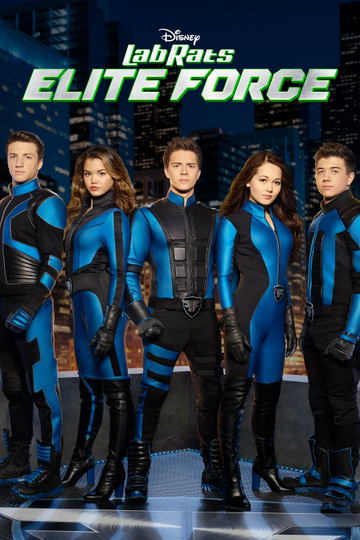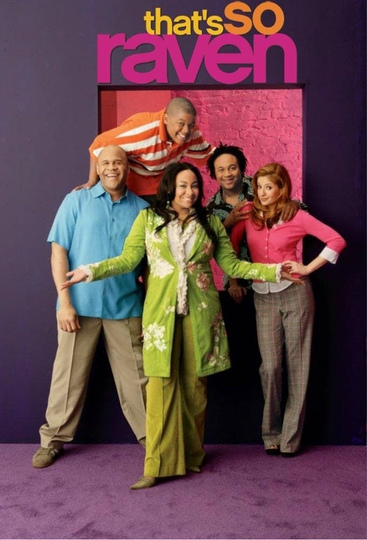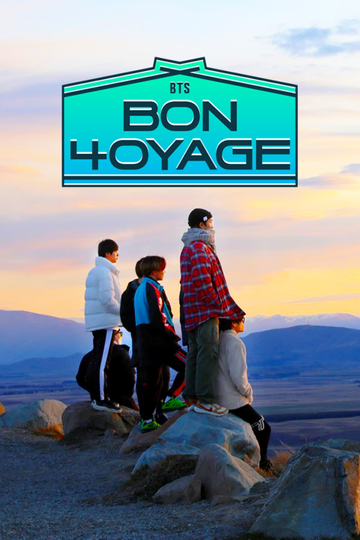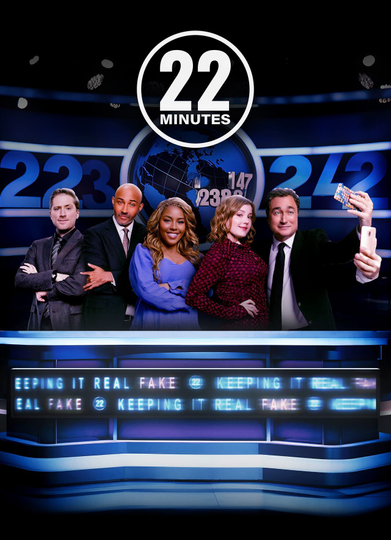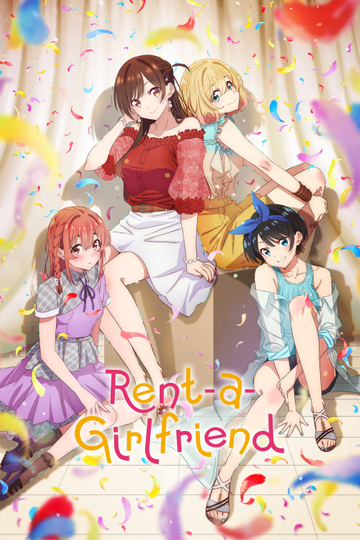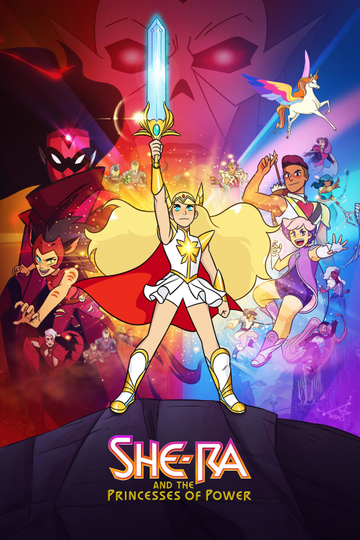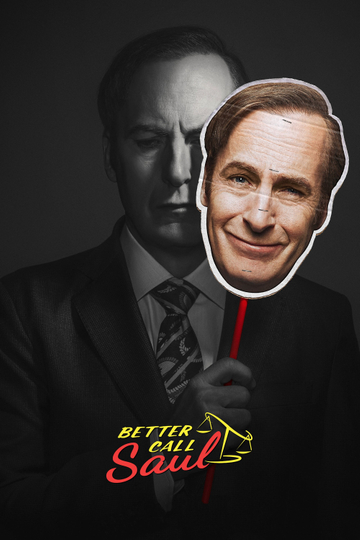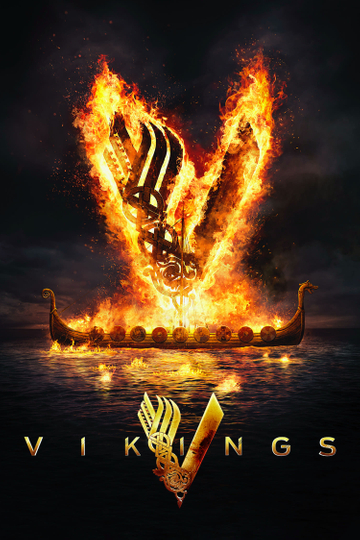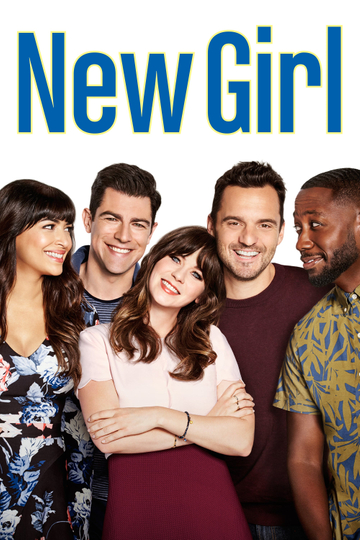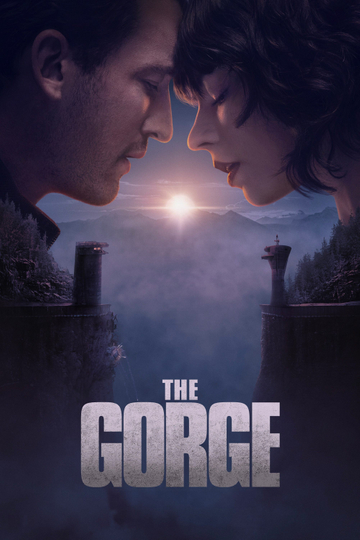Summer 2009 Episodes
1. Save the Last Dance for Me
At an age when most people are content to take it easy, one group of pensioners have taken up contemporary dance for the first time. Alan Yentob follows them on their journey as they prepare to perform at Sadler's Wells, one of the top dance venues in the world. Save the Last Dance for Me challenges people's preconceptions about the physical and creative abilities of the over sixties.
2. David Hockney - A Bigger Picture
Filmed over three years with unprecedented access, this documentary captures the return from California of England's favourite living artist. As Hockney approaches the age of 70, he re-invents his painting from scratch, working through the seasons and in all weathers out in the Yorkshire countryside, ending up with the largest picture ever made outdoors. It is at once the story of an unusual homecoming and also an intimate portrait of what inspires Hockney as his time runs out.
3. Rufus Wainwright, Prima Donna
Alan Yentob explores the rapid rise of one of modern music's most mercurial talents, Rufus Wainwright. Wainwright talks candidly about his background, his family of musical luminaries (father Loudon Wainwright III, mother Kate McGarrigle and sister Martha Wainwright), his troubled personal history with drugs and the tensions that have informed his music. The film also follows his journey into the classical world as he creates his very first opera, Prima Donna.
4. The Colourful Mr Eggleston
William Eggleston is one of the most influential and original photographers alive today. A Mississippi aristocrat with a fondness for guns, drink and women, he dragged colour into the world of art photography. Reviled in the 1970s, he is now considered a legend whose unique visual style has influenced generations of photographers and filmmakers. Imagine shows the normally shy and elusive Eggleston at work - taking photographs on the road, in and around his home town of Memphis.
5. Art in Troubled Times: A New Deal for Art
The Great Depression and the Second World War changed what was expected of the arts; Alan Yentob asks if this recession could see the next transformation. Artist Chuck Close talks about the New Deal in America in the 30s, when the government paid artists to work, while actor Simon Callow tells how thrilled actors were to feel their work mattered. And dealer Kenny Schachter explains how, in a perverse way, he feels this recession is the best thing that has happened to the art world in ten years.
6. Art In Troubled Times: Part II - The Home Front
In times like these, what is art worth? And what is art for? The big moment for publicly funded art in Britain was the Second World War. "Something absolutely remarkable happened during the war", says actor Simon Callow. "The theatre suddenly was right at the heart of society." After the war, the idea of "art for all" led to the founding of the Arts Council - "very much a response to the distress, the fear, the uncertainty of war." Alan Yentob asks if culture can play that role again today.
